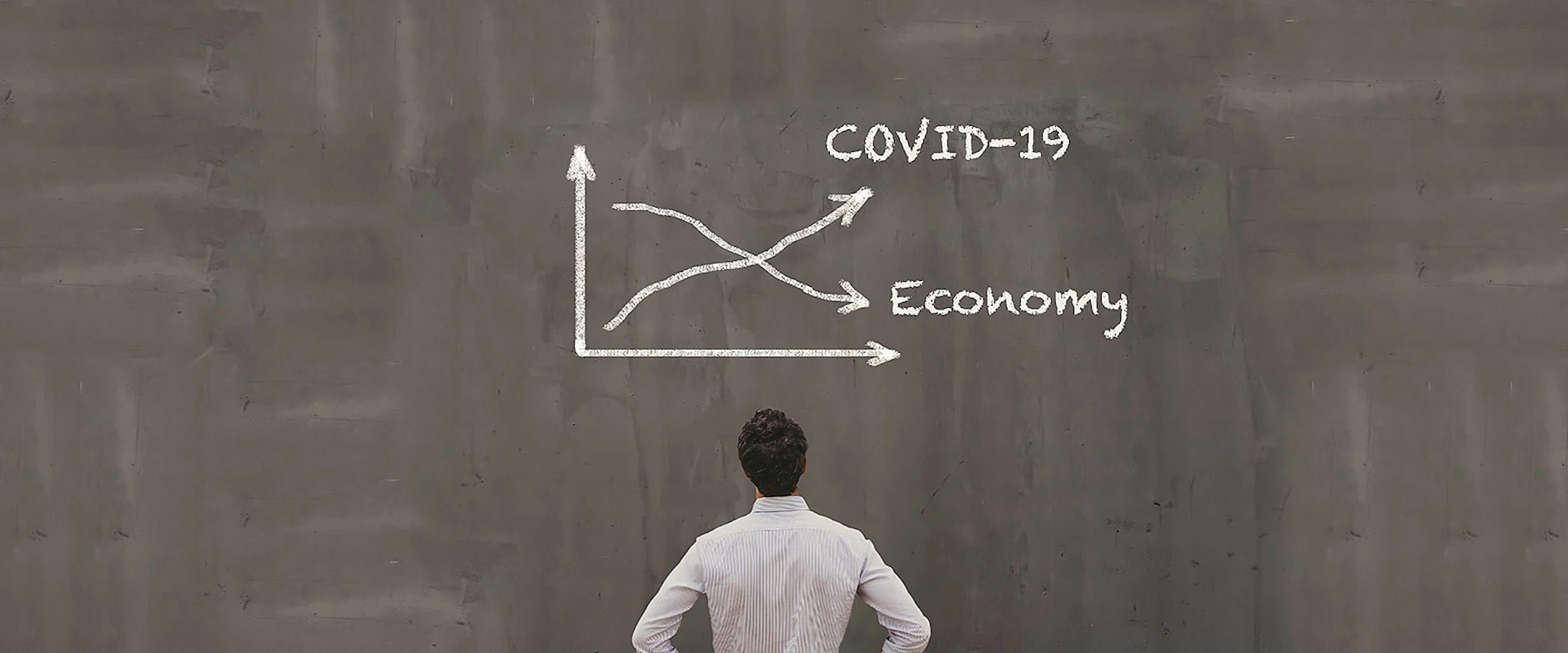Even in the absence of these restrictions that have been put out by governments to stay at home, I think a lot of people would be highly reluctant to go to any busy place. You need to solve the medical problem before economic activity returns.
I think you can start the process of ramping up economic activity in stages. I think certain businesses are more amenable to this sort of situation than others. You can think about the density of people that’s inherent to doing business in different kinds of industries, and the ones where it’s lower, you can allow.
You can adjust that by using time shifting. Not all transactions have to take place between 8 a.m. and 5 p.m. You could do business over a longer period at a lower density in some of these businesses.
So, you can make changes like that. That’s all short-run stuff.
If you think about the longer run, how long it’s going to take to recover back to the level of economic activity we were at a couple months ago, I think the big question there is, how many irreversibilities are happening? How many types of intangible capital are being destroyed and are going to have to be rebuilt before we’re back to the activity before?
We’re not destroying buildings or equipment capital, but we are destroying, to some degree or another, intangible capital—that’s organizational effectiveness, trust, relationships between employers and employees, suppliers and buyers, those sorts of things. The longer that this goes on, the more that those things tend to unravel and then the more has to be rebuilt when you come back.
I think the thing to keep in mind is, how many irreversible things are happening? And a financial crisis can create a lot of these irreversibilities, and I think that’s one of the reasons for the actions that the Fed has taken, in particular, to get liquidity in the system, so people aren’t defaulting on payments. Those kind of things can break up relationships, and you want to preserve them so that when people have medically recovered, you can economically recover.
So, that’s an important thing to look at.
